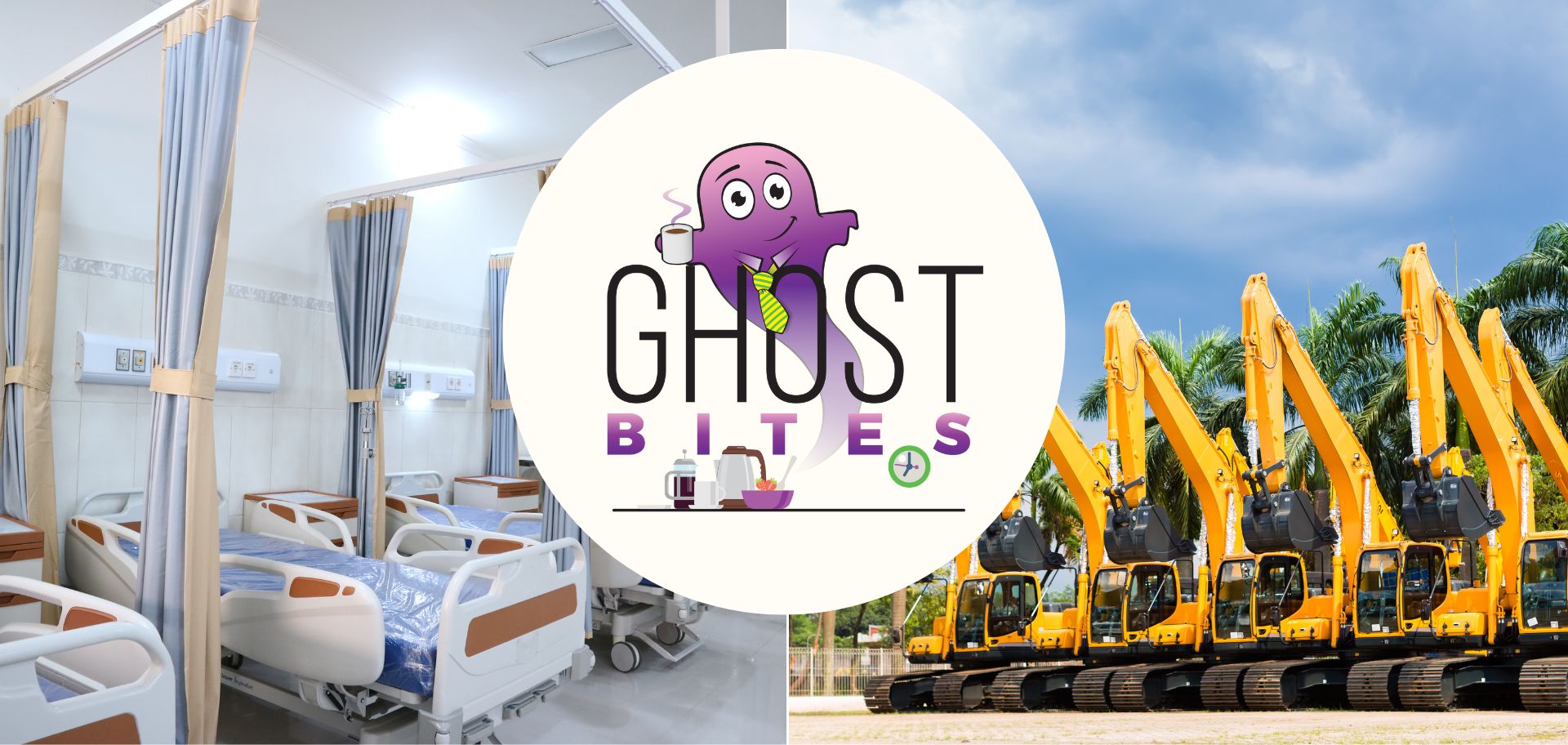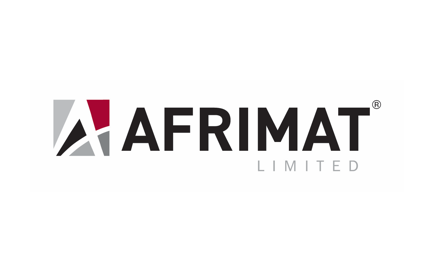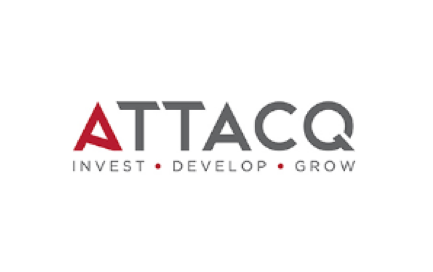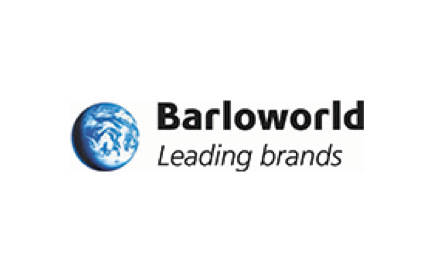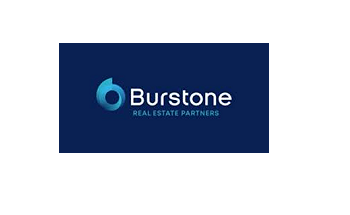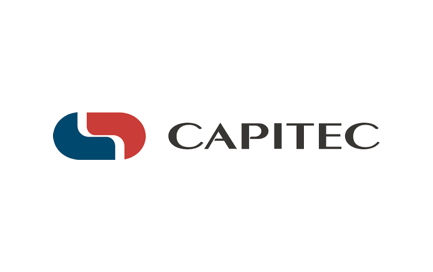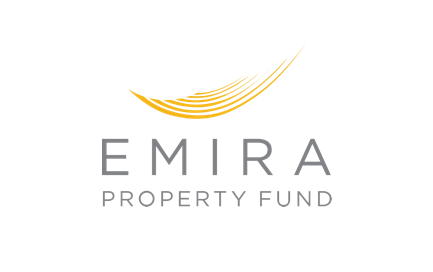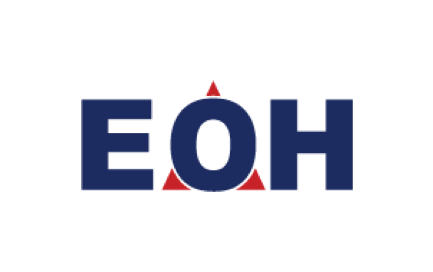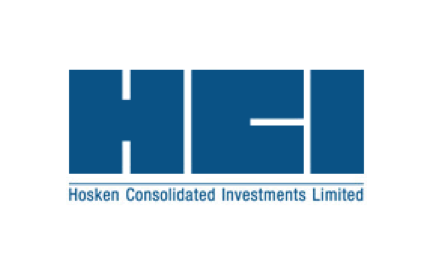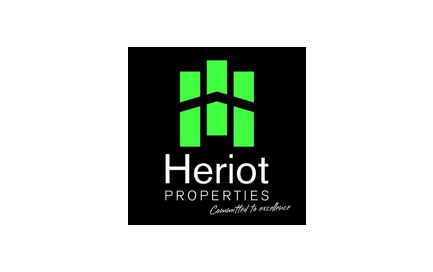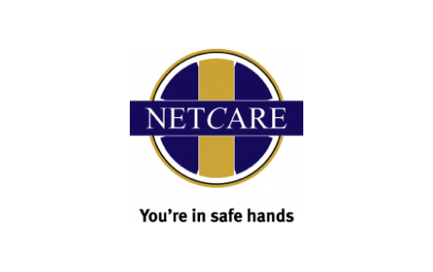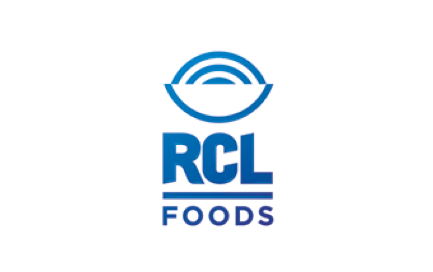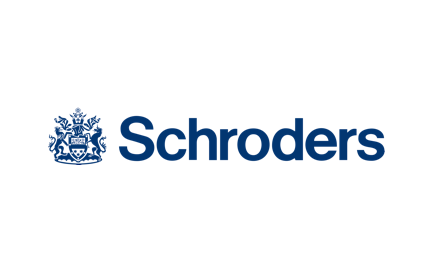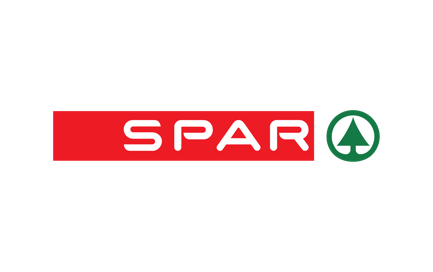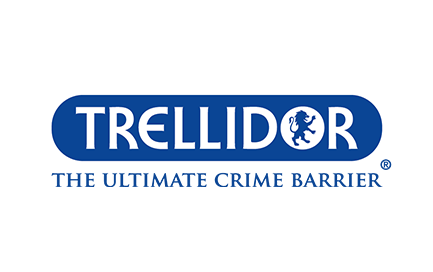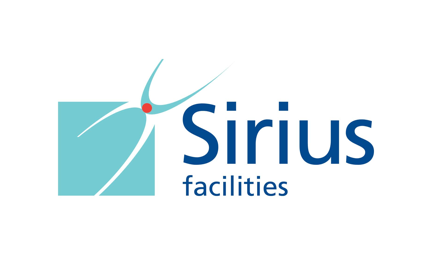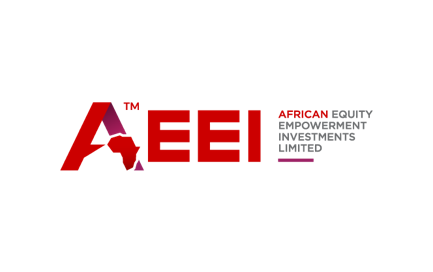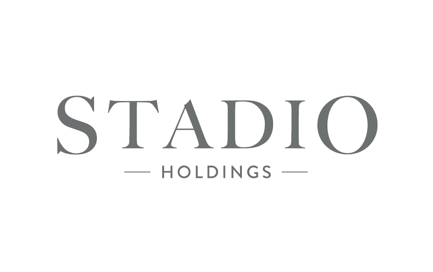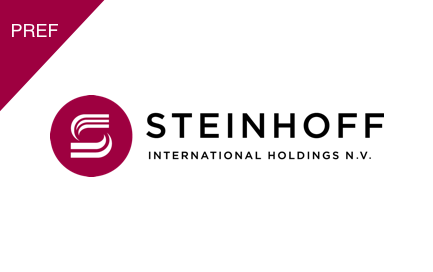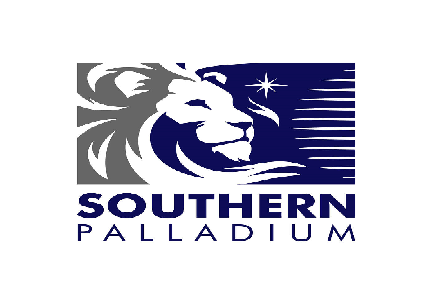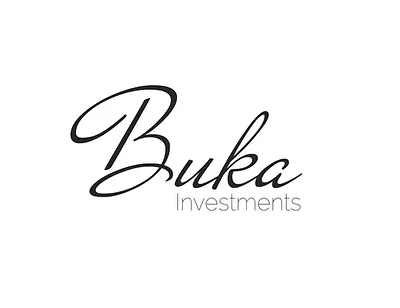Listen to the latest episode of Ghost Wrap here, brought to you by Mazars:
Afrimat released a voluntary trading update (JSE: AFT)
And the fact that it is “voluntary” tells you that this is a modest change in earnings
At a time when most mining and resources companies are reporting a major decline in earnings, Afrimat has reported a positive move in HEPS for the six months ended August. Although it is only a move of between 2% and 7%, it’s still a really great outcome compared to so many others in the sector.
The group’s strength lies in its diversity of commodity exposures, with the benefit clearly visible in this period.
Results are due around 26 October 2023.
Attacq shows the power of a focused strategy (JSE: ATT)
Distributable income per share has grown sharply and more growth is expected
With so many property updates recently coming into the market, the trend for me is clear. Broad exposure in this economy is very problematic. Focused exposure is still working.
Attacq’s Waterfall City area is doing the things, with the group reporting distributable income per share up by 14.5% for the year ended June 2023. Waterfall City is 57% of distributable income and grew by 27.6%. As you might be aware, the Government Employees Pension Fund has invested R2.7 billion directly into that portfolio. It’s like an oasis in the desert of Gauteng.
There’s other stuff in the portfolio as well, not least of all a 6.5% interest in MAS offshore. With MAS cutting its dividend, that’s not an ideal situation. The other headache is the business in the Rest of Africa, with the disposal of the interest in Ikeja City Mall hanging in the balance as the buyer is struggling to raise the funds.
I do wonder about the commentary about how “business diversification” will be a focus area going forward, with opportunities “complementary to the real estate portfolio” – whatever that may mean.
The dividend actually increased by 16%, ahead of distributable income as the dividend includes trading profit generated from the sale of sectional title units.
The loan to value ratio has increased by 10 basis points to 37.3%.
Notably, over 25% of the total energy mix is from renewable sources.
The really impressive part is that distributable income per share is anticipated to increase by between 8% and 10% in FY24. This assumes no dividend from MAS.
The share price closed 3% higher, putting it on a yield of just 6.8%.
Positive momentum continues at Barloworld (JSE: BAW)
This is another perfect example of why I prefer industrials in this environment
Barloworld has released a voluntary update for the 11 months to August 2023. Revenue from continuing operations is up by 15%, EBITDA is up by 13% and operating profit from core trading activities is up by 18%. Happiness all round, with the joy continuing on the net debt line which has dropped from R7.5 billion to R6.3 billion.
Equipment southern Africa grew revenue by 34% and operating profit by 17.3%. Operating margin fell 60 basis points due to the mix effect in favour of machine sales. Working capital increased to support demand but is expected to improve by year-end. The Bartrac joint venture grew profits by 56%. The blemish on these numbers is a drop in the firm order book from R5.7 billion to R3.7 billion.
Equipment Russia is obviously finding life really difficult, with revenue down 46%. Thanks to the revenue mix shifting in favour of aftermarket services which are much higher margin than new machinery, operating profit only fell by 8.7%. They’ve obviously also made progress in reducing costs. Operating margin grew from 11.3% to 19.2%. The Russian business is self-sufficient in terms of funding.
Equipment Mongolia grew revenue by 48.1% and improved margins as well, though the announcement doesn’t indicate to what extent.
Ingrain’s business is ultimately consumer-facing, so this is predictably where the pressure is. Revenue is up 12.1%, with export volumes and higher prices offsetting flat domestic sales. EBITDA is down 19.2% unfortunately, with an operating margin of 8.2% vs. the prior period of 12.4%.
As I’ve become used to with Barloworld, the balance sheet has been well managed.
Burstone needs a strong second half (JSE: BTN)
Negative reversions in SA and higher interest costs everywhere are hurting
In case you weren’t paying attention to the market, Investec Property Fund changed its name to Burstone Group after buying out the Investec property management company at an eyewatering valuation.
For the six months ending September, Burstone expects distributable income per share to be 4% to 5% lower. For the full year, they hope to achieve low single digit growth. That would be a pretty big turnaround, with much of it attributable to the timing of interest rate increases in the base year.
In South Africa, the year-on-year change in weighted average cost of funding is 40 basis points. In Europe, it’s 100 basis points (a huge move on a base of 2.1%).
The loan-to-value ratio is around 42%. Assets of R950 million were sold at a 1.5% discount to book value. The management company was acquired for R850 million (I told you it was eyewatering) and other investments in assets were R250 million.
Looking deeper, the South African portfolio is delivering like-for-like net property income growth of 2%, with negative reversions of 7%. The Pan European Logistics Platform is growing at 7% to 8% on the net property income level, with positive reversions, but earnings are expected to drop by 10% in rands (15% in euros) because of the impact of funding costs. Burstone’s share in the platform has increased from 64.15% to 83.15%, so there’s an increase of 18% in distributable earnings attributable to Investec despite the underlying platform suffering a drop.
No detailed commentary has been given about the Irongate fund management platform in Australia, other than the assets performing “well in a tough market” – read into that what you will.
Detailed results are due on 16 November.
Net of impairments, Capitec is less efficient (JSE: CPI)
I am questioning the way the market calculates the efficiency ratio
Capitec has released results for the six months to August and that’s always a big deal. Remember, this bank is priced for serious growth, so you would expect to see very strong numbers.
Net interest income is up by 17% and non-interest income grew by 25%. So far, so good. The fastest growing income line is actually funeral plan income, up 59%.
Credit impairments shot up by 62%, which isn’t unexpected in this environment. This means that net income only increased by 10%.
Operating expenses were up 14%, so operating profit before tax was just 6% higher. This means that operating margin has deteriorated. But if you read the commentary, you’ll see that the cost-to-income ratio has improved from 41% to 38%. Now, that’s only true if you ignore the impairments. On that basis though, the group would be incentivised to show efficiency gains by simply extending poor-quality loans and growing pre-impairment income.
Headline earnings per share grew by 9% and the interim dividend increased by the same amount.
The net asset value per share is R339.95 and the share price is R1,751. Does that premium to book sound right to you on growth of 9%, well below other banks in the peer group?
The market is desperate for any good news though, so the share price increased by 6.4%. I can only assume that people liked the dividend growth.
Emira’s occupancy and reversions have improved (JSE: EMI)
The company has released a pre-close update
In an update dealing with the five months to August, Emira announced that the local portfolio of retail, industrial and office properties has a total vacancy rate of 4.3%, which is better than 4.7% at March 2023. The focus has been on retaining tenants, with negative reversions of 5.5%. Again, that’s better than the 2023 number of -8.4%. The weighted average lease expiry is 2.6 years and the average annual lease escalation was 6.5%.
Looking deeper, retail vacancies increased from 3.1% to 3.3%. Reversions improved from -5.5% to -2.4%. Both trading density and footcount improved within the portfolio.
In the office portfolio, vacancies were up from 12.5% to 12.7%. Reversions improved from -14.8% (!) to -7.5%, a reminder of how bad things were and how tough they still are. With mainly P- and A-grade properties, it also gives a clue into how rough things must be for low quality office space.
Industrial vacancies went in the right direction, down from 2.1% to 90.6%. Reversions were still negative though, coming in at -6.4% vs. -6.5% in 2023.
The residential portfolio is a mix of directly held and indirectly held properties, as Emira has a 68.15% economic interest in Transcend. Across the residential portfolio, vacancies were 3.1% vs. 2.6% at March 2023. Residential units are being sold off, but disposals by Transcend are at a slower pace than budgeted because of the impact of higher interest rates. Emira has made an offer to Transcend shareholders to take the company private at R6.30 per share, so hopefully interest rates don’t cause too much pain to that value unlock strategy.
Notably, Emira’s disposal of Enyuka closed in July 2023 for aggregate proceeds of R641.5 million. A vendor loan of R130 million was provided to the purchaser, so proceeds of R511.5 million were realised.
The US portfolio is performing in line with expectations, although vacancies increased from 2.6% to 3.9%.
Emira’s loan-to-value ratio has improved from 44% at the end of March 2023 to 42% in August 2023. Once the Transcend offer closes, this is expected to increase to between 43% and 44%.
Results for the six months to September are due on 16 November.
This is hopefully the final loss-making year for EOH (JSE: EOH)
The first half of the year was impacted by debt levels
EOH would like you to concentrate on operating profit, as this is the performance before we consider the balance sheet. On that metric, there’s an increase of between 20% and 50% for the year ended July 2023, a very wide range to be giving the market two months after the end of the period.
The headline loss per share improved by between 53% and 62%. It’s still a loss though of between 17 cents and 21 cents, with the benefit of the equity capital raise only felt in the second half of the year.
For me, the biggest concern is that revenue from continuing operations only grew by between 2% and 4%. Although there was a big jump in operating profit, there were lots of other movements and once-offs. Investors cannot do well over the long term unless EOH starts producing better revenue growth, as this performance is below inflation.
To justify attention from investors in a high yield environment, EOH needs to show real growth in revenue growth i.e. ahead of inflation.
Results will be published on 18 October.
HCI gives an update on Namibian oil (JSE: HCI)
This is a classic junior resources situation, where updates are full of technical terms
In case you haven’t been following the HCI story, the company is a 49% shareholder in Impact Oil and Gas. This is a UK-based company that is a 20% participant in a block in offshore Namibia and a 18.89% participant in another block.
If you want to read the full announcement regarding drilling results, you’ll find it at this link.
In summary, the CEO is “very pleased” with the results. I usually skip to the management commentary in these announcements, as I didn’t study geology or mining engineering.
Heriot REIT’s floating rate debt is biting (JSE: HET)
The good news is that distributable earnings per share still went up
This was an important period for Heriot REIT, with the consolidation of Safari Investments (JSE: SAR) and thus the inclusion of investment property valued at R3.7 billion. This also contributed to the 22% uplift in net asset value per share, as the company was able to recognise an unrealised bargain gain.
To Heriot’s credit, the metric they focus on is distributable earnings per share. They’ve grown this by 4.2%, which is considerably lower than the growth in net operating income of 13.8%. This is because of the 350 basis points increase in the repo rate during this reporting period, with Heriot having only floating rate facilities. The timing of balance sheet movements means that Heriot’s average cost of borrowings increased by 239 basis points to 8.68%, leading to a lower distributable earnings per share than would otherwise have been the case.
The office segment is still struggling, with the company noting negative reversions and muted demand. The rest of the portfolio is doing better.
Very encouragingly and in stark contrast to the highly negative guidance given by other major property funds, Heriot is expecting the distribution per share for the year ending 30 June 2024 to increase by between 3% and 7%. This assumes a further increase in rates of 50 basis points in the next year.
The share price closed 10.20% higher at an implied yield of 7.9%.
Netcare is on track to meet FY23 guidance (JSE: NTC)
And encouragingly, margins are going in the right direction – with adjustments
Paid patient days at Netcare are expected to increase by 6.8% for the year ending September. Revenue is expected to be 9% to 10% higher, which is enough for positive operating leverage. I must point out that Netcare reports operating margin on a truly ridiculous basis, as they exclude diesel costs. We would all love to pretend that load shedding doesn’t exist, wouldn’t we?
On this “normalised” basis which I disagree with wholeheartedly, margin is up by between 125 and 175 basis points vs. FY22 at 17.2%.
If you need an indication of what adulting is like at the moment, maternity days are down (apparently in line with global trends) and the mental health segment is the fastest growing in terms of paid patient days (even after adjusting for the Akeso Gqeberha facility). What a world we live in.
Netcare is hoping to achieve 100% of its energy needs from renewable sources by 2030. Including a new power agreement, there are initiatives and plans in place to achieve 26%.
RCL Foods hasn’t escaped avian influenza (JSE: RCL)
Around 410,000 birds have already been culled
We’ve already heard from Astral Foods (JSE: ARL) and Quantum Foods (JSE: QFH) about the extent of the bird flu outbreak currently in South Africa. This is a very serious issue, affecting supply of chicken and eggs and likely to lead to price inflation in a type of protein that is a staple for South Africans.
At RCL Foods, the outbreak has affected 11 of the 19 sites in the inland region. Around 410,000 birds have been culled, with an estimated financial impact of R115 million.
Schroder’s NAV per share goes backwards (JSE: SCD)
The macroeconomic trends in Europe aren’t pretty for property
Schroder REIT announced a reduction in NAV per share of 1.8% this quarter. The trend this year has been negative, with property valuations under pressure as yields in Europe have increased. This is despite Schroder enjoying 100% indexation of rentals to inflation, giving us a timely reminder that property as an inflation hedge is a very dubious thesis.
The portfolio loan-to-value ratio is 31% based on gross asset value and 23% net of cash. This is roughly in line with March levels.
The market gave Spar’s update the thumbs up (JSE: SPP)
The group is clawing its way back from the abyss
I’ll start with the trading update for the 47 weeks to 25 August, in which group turnover grew by 10.6%.
Southern Africa was good for 5.9%, with grocery up 8.1% (below inflation of 10.1%) and TOPS down by 0.6% vs. a very high base. The combined Southern Africa result for grocery and liquor is 7.0%. They reckon it would’ve been 9% without the disastrous SAP implementation. What’s that saying about if my aunt had a certain something, she would be my uncle?
Turnover at Build it fell by 3.6%, because South Africans aren’t building it unless “it” is a solar installation. The pharmaceutical business grew 19.9% at least.
BWG Group in Ireland and South West England grew turnover by 8.5% in local currency. In Switzerland, turnover fell 3.4% in a challenging environment. In Poland, turnover increased by 5% in local currency. The rand is a great big stinking you-know-what, so all those numbers look much stronger when converted to rand.
I think that what the market focused on is the paragraph dealing with Poland, with Spar noting that it will engage in a process to dispose of that interest. It’s been an absolute disaster and Spar is stretched too thin, with the market appreciating the maturity of a decision to rather focus. This is especially important when you consider that the group is in breach of a leverage covenant that lenders have waived for now.
With a new management team in place, this is firmly a turnaround story that the market will watch closely. Where do you reckon this one is headed?

Investors are trying to flee Trellidor (JSE: TRL)
If there was decent liquidity, I think the share price would be a lot lower
Trellidor has released results for the year ended June. Revenue fell by 2.1% and believe me, that’s the most enjoyable number you’ll read about.
If we adjust for the costs of the extremely punitive Labour Appeal Court judgement, earnings per share was 3.7 cents this year vs. an adjusted base of 25 cents. Reported earnings per share last year was 0.4 cents because of that judgement, so the market was certainly expecting an uplift. The problem is that a return to previous levels of operating profitability now seems like a pipe dream, as the operations are really struggling and there was a massive 81.3% increase in net interest.
Unsurprisingly, there is no dividend.
If I’m going to highlight one silver lining, it may as well be that cash from operations of R39 million was in line with the prior year. Inventory levels were reduced in the second half of the year.
The share price has tanked 29% in the past five days.
Little Bites:
- Director dealings:
- The CFO of Sirius Real Estate (JSE: SRE) has bought shares worth £85.7k.
- AEEI (JSE: AEE) has finally announced a resolution to the situation in BTSA. A subsidiary of AEEI holds 30% in BTSA and will dispose of that stake (structured as a share buyback) for R290 million. This has been the subject of a long dispute and arbitration, with the relationship between the parties having broken down.
- The CFO of Stadio Holdings (JSE: SDO) will step down at the end of December to take a “career break” – the search is underway for a replacement.
- Holders of Steinhoff preference shares (JSE: SHFF) should note that the company has released a cautionary announcement around a transaction related to these shares.
- Mining exploration company Southern Palladium (JSE: SDL) has released its financial report for the year ended June. The income statement isn’t the focus area during the exploration phase, but it’s still worth noting a headline loss per share of A$0.08. This is better than the headline loss per share of A$0.18 in the comparable period. The group is focused on its 70% interest in the Bengwenyama Platinum Group Metal project and exploration to support a prefeasibility study and the lodgement of a mining right application.
- Buka Investments (JSE: BKI) has announced that the headline loss per share for the six months ended August will be between 10.5 cents and 12.5 cents, which is much larger than the loss in the corresponding period of 6.72 cents.

